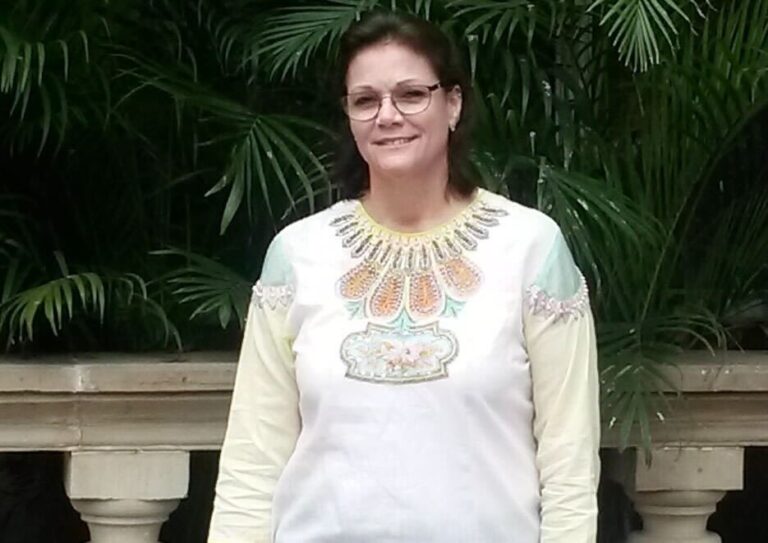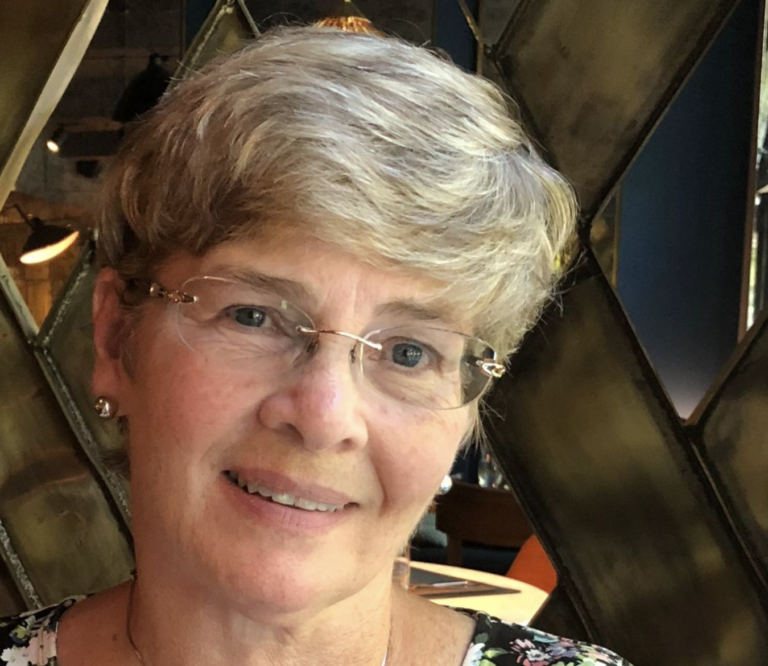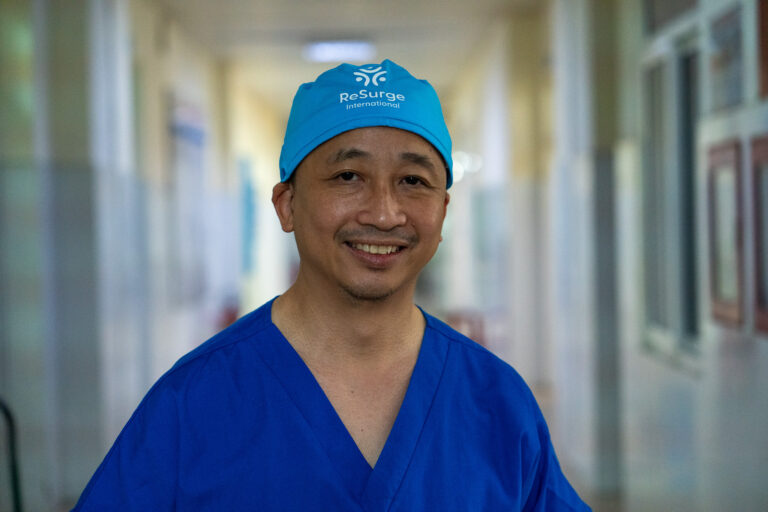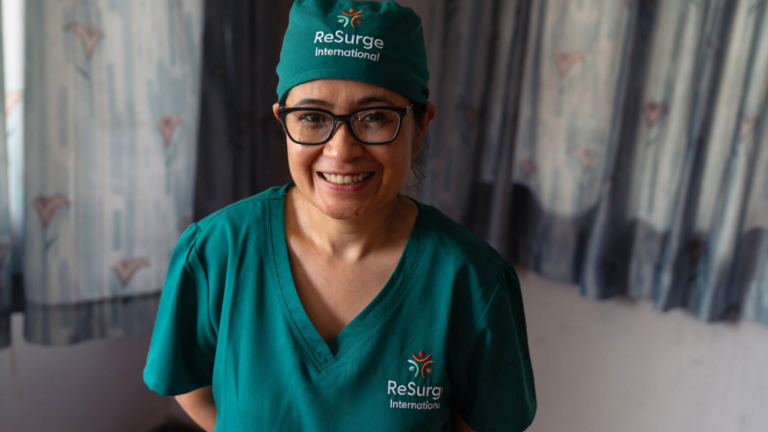For National Nurses Week, we interviewed Susan Smith, a ReSurge Medical Volunteer and nurse educator. She took us through a series of dynamic moments and insights she’s discovered as a nurse practitioner providing burn care in low and middle-income countries, including witnessing local surgical teams creatively make the most of what’s available, adapting her nursing practice to global events like the pandemic, experiencing diverse cultures — all while leaving something unique and lasting through the impact of surgical training.
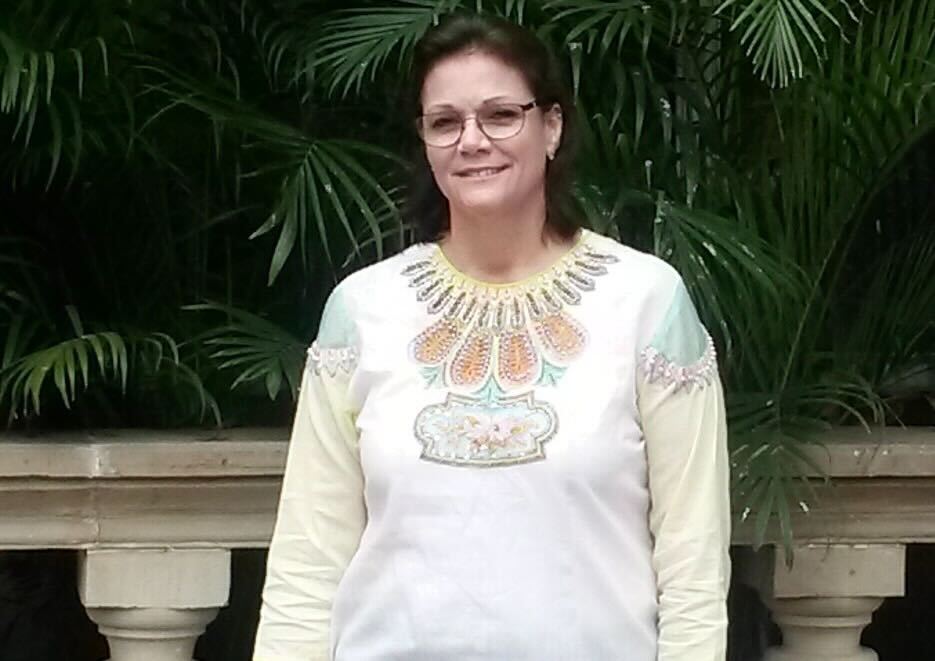
Can you start by sharing a bit about yourself and your background?
I am a career nurse with 35 years of experience, nearly all spent caring for burn-injured patients. I am a proud mother of two wonderful sons and I have an amazing daughter-in-law and three perfect grandchildren. My husband is a burn trauma critical care surgeon and we share a tranquil lakefront home in Orlando, Florida with our crazy 10-year-old daschund, Peanut.
Why did you choose to become a medical volunteer? Why ReSurge International?
I was working on the burn unit in 2008 when my director asked if I wanted to care for burn patients in Africa. He introduced me to the team at ReSurge (formerly Interplast) and shortly after, I found myself on a medical trip to Zambia. Meeting the strong and resilient patients and providers on site was immensely inspiring and motivating. From my first moments in Lusaka, I knew that medical volunteer work must always remain a part of my nursing practice.
What are some of the countries you worked in?
I’ve worked in Zambia, Bhutan, Malawi (twice), Nicaragua, India (twice), Bhutan, and Nepal (twice).
What has your experience volunteering with ReSurge been like?
I have learned so much through these enriching experiences. I have always been welcomed and accepted into the care teams. Universally, everyone is happy to share their current practices and learn about differing approaches to burn treatment. I have a lot of respect for the finite nature of our resources and I am now much more acutely aware of the waste generated in healthcare here in the United States. Every site is staffed by hardworking and dedicated professionals, creatively making the most of what is available. I am so lucky to participate in these missions — grateful and humbled. The world is more alike than it is different.
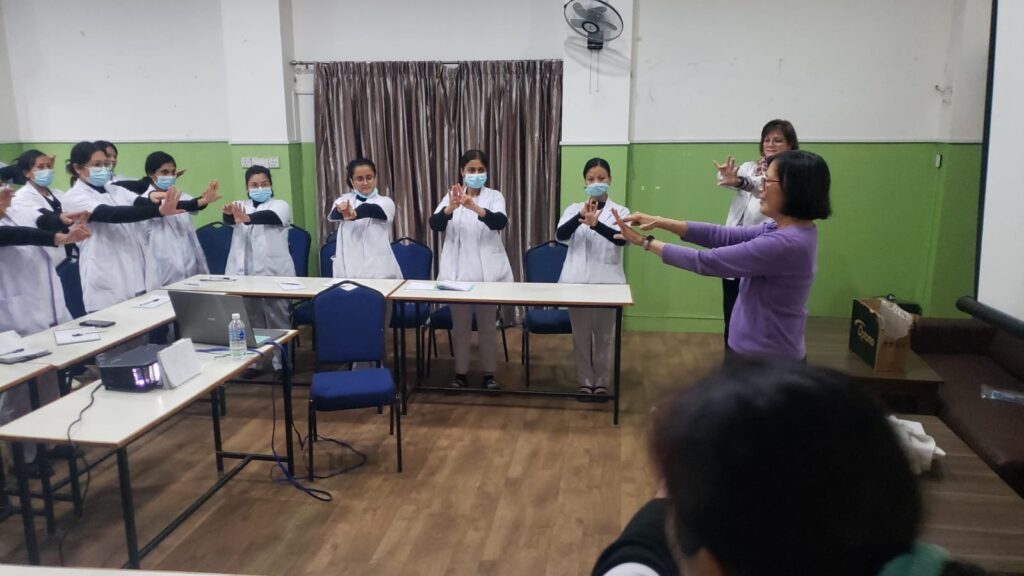
How do you approach delivering care in low-resource versus highly-resourced settings?
In a low-resource setting, more preparation is needed. I have to understand cultural preferences to remain respectful of beliefs and traditions. Adequate nutrition is essential to burn and graft healing, so I need to know what food sources are easily available. I must also set realistic expectations. What is the economic situation like? What is the family structure and hierarchy? I research well in advance, then adjust and shift accordingly on-site to best meet the needs of the burn patient community.
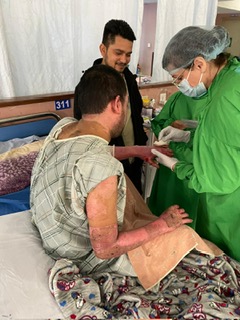
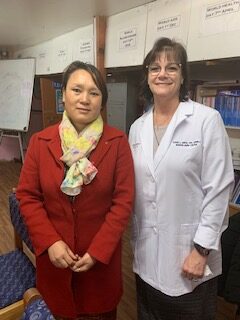
Are there any patients, moments, or experiences that have especially stood out to you during your time with ReSurge?
While working for ReSurge in Africa, I was asked to provide a presentation on nursing research. I am passionate about nursing-generated research so I gladly accepted. The nurses were excited and we spoke for a long time about their hopes for developing their own project.
After the trip, we remained in contact and discussed a few ideas. Highly motivated, they developed an insightful study detailing mopping procedures and floor cleanliness. The study called for mop cleaning after use. All visitors and patients were instructed to remove their shoes before entering the hospital.
Following the implementation of this new practice, the results revealed a reduction in infections. Just six months after I returned from the visit, I received a journal containing their published manuscript in the mail. I felt such a sense of pride for them. I know they will continue to research ways to improve patient outcomes.
What aspect of ReSurge International’s work resonates with you the most?
The generosity and compassion that exists within the organization and in each Resurge team member I have encountered.
From your perspective as a nurse, could you explain why collaboration and communication are crucial for patient outcomes?
Burn care is interprofessional. Quality functional outcomes rely on nursing care, surgical and critical care management, nutritional support, physical and occupational therapies, and reconstructive surgery. If the patient doesn’t perform post-operative occupational therapy exercises, the burn can lead to contractures limiting mobility. Adequate nutrition is essential to burn and graft healing. Pharmacists collaborate in managing individualized medication therapies. Nursing care is paramount to infection prevention and wound healing. It truly takes a village to heal burns. The burn interprofessional team is truly a family all working towards the goal of burn healing and successful reintegration into family and society.
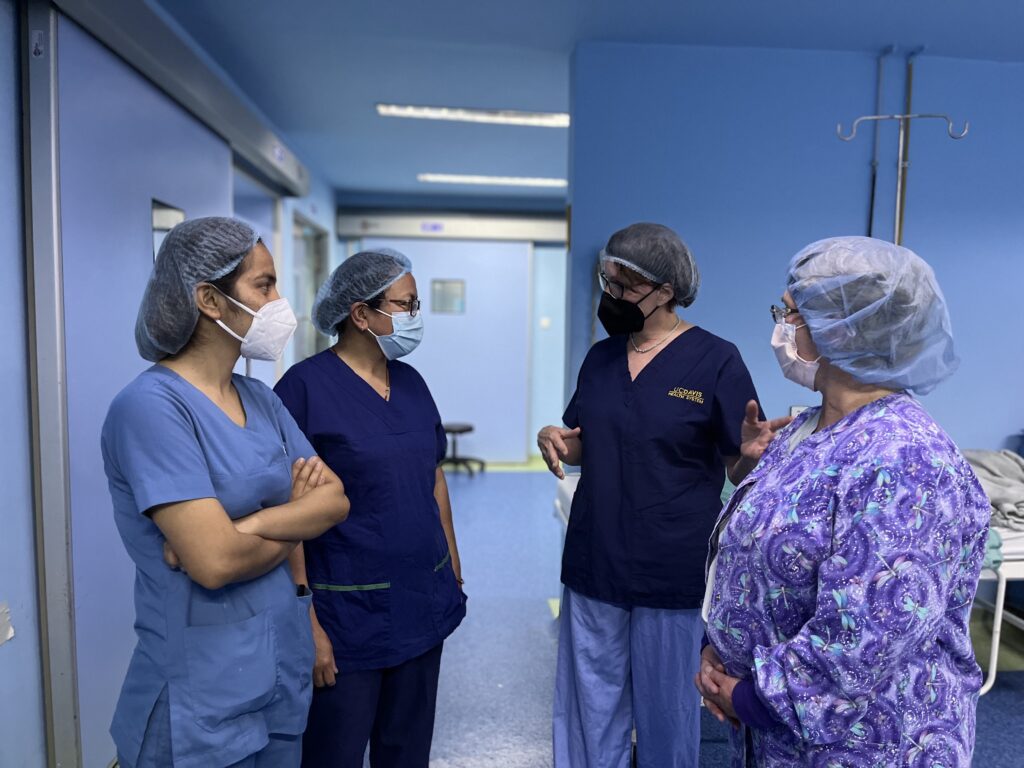
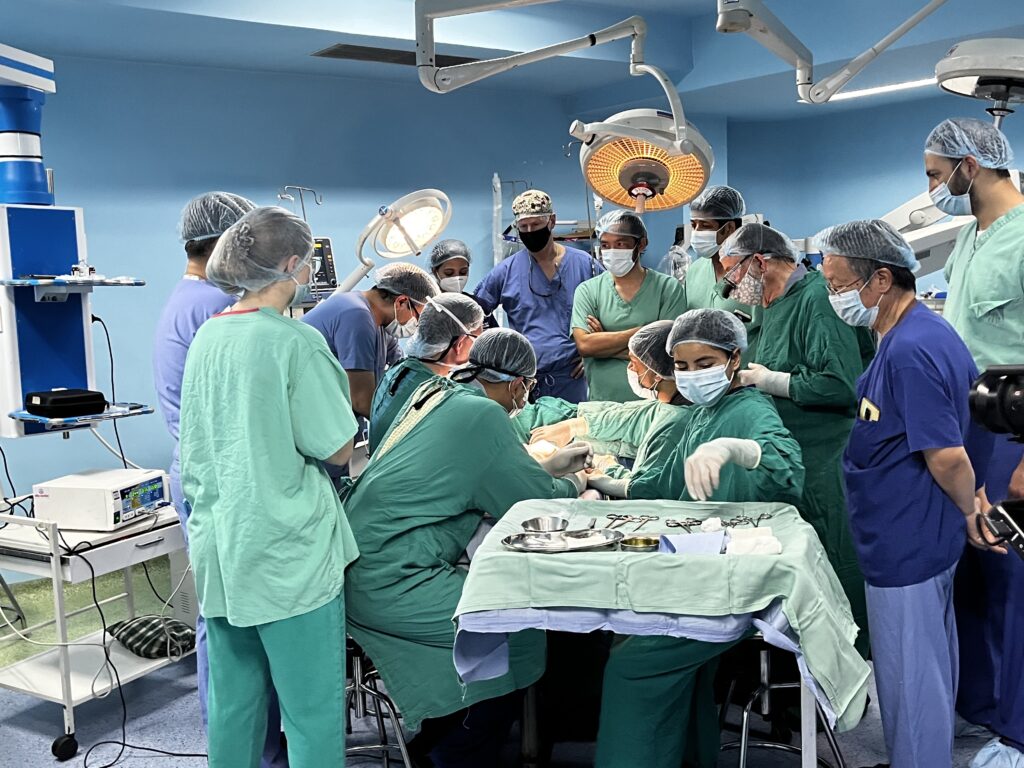
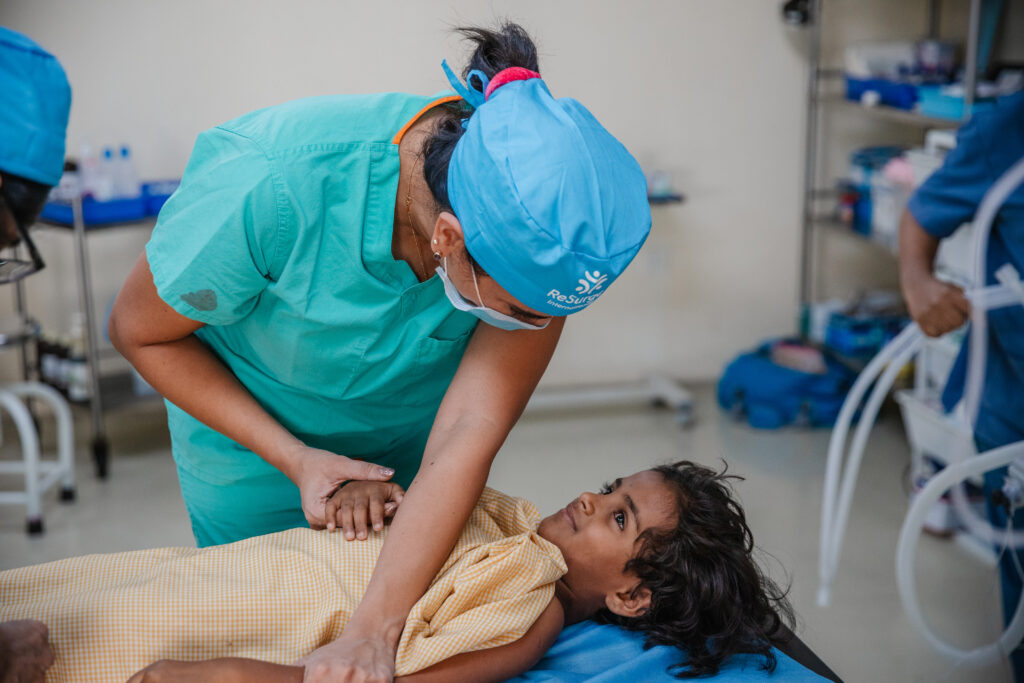
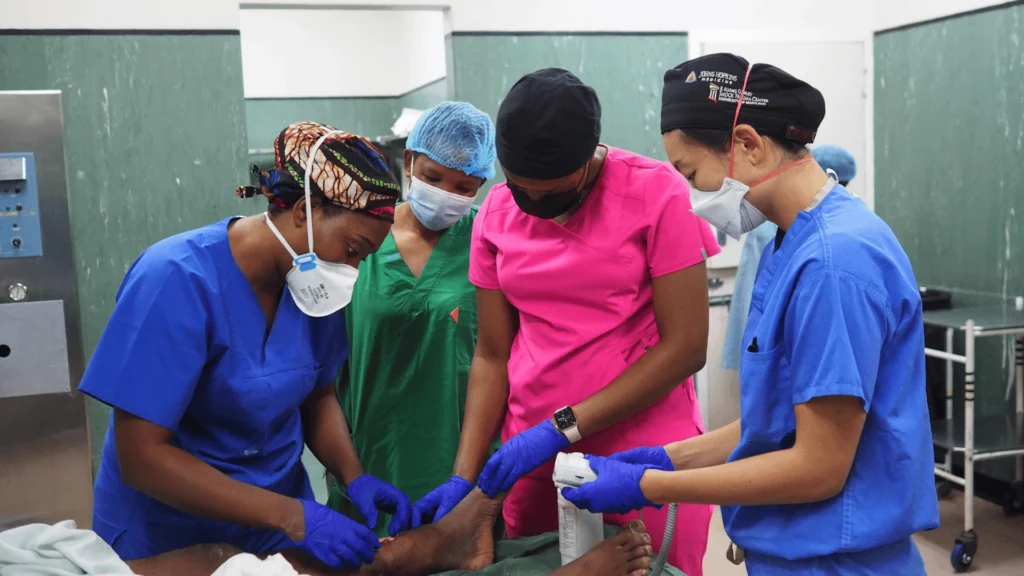
What have been some opportunities and challenges that nurses face both here in the United States and worldwide?
Staffing has to be the most common challenge for all nurses. Overworking leads to physical and emotional exhaustion and burnout.
Our Surgical Training Trips prioritize in-country capacity building. As a ReSurge Volunteer, what does the impact of training mean to you personally?
This training and education facilitates high-quality care and provides an educational foundation for the sites to train their healthcare professionals, impacting future patients. Working alongside nurses worldwide, I have seen positive changes from ReSurge’s efforts. It is satisfying when confidence and collective ownership over outcomes begin to take shape. Because of the transformation and reconfiguration of trips — I now meet more people from ReSurge. It’s nice that there is such a focus on leaving something meaningful and lasting.
It is great you effectively expanded training to include virtual training. Tell us a little bit more about that.
Virtual training is one of the good things to come out of the pandemic. It is such an advantage to have an actual conversation “face to face” to discuss the unique goals of each site. The virtual forum brings everyone together. All participants have the freedom to speak up and contribute, regardless of healthcare discipline. It opens up new opportunities for learning to occur from home or work — away from distractions.
Is there one country in particular you felt a special connection to?
I enjoyed all the places. I brought back unique and meaningful experiences from each. For example, Nicaragua housed an amazing pediatric burn center. I love Nepal and being able to participate in virtual education. The rehab therapists are very skilled. Bhutan was just amazing with countless dedicated nurses and physicians. I have so much love for Malawi! It took hold of my heart, watching how the community was built and how the patients were cared for. I was privileged to travel to several sites in India, all with highly dedicated medical, nursing, and rehab staff focused on assisting burn patients to heal.
How do you hope your contributions will impact the future of ReSurge International and the communities it serves?
I hope the education and encouragement I offer will empower nurses to advocate for their patients and find their voices as the driving force behind successful burn care.
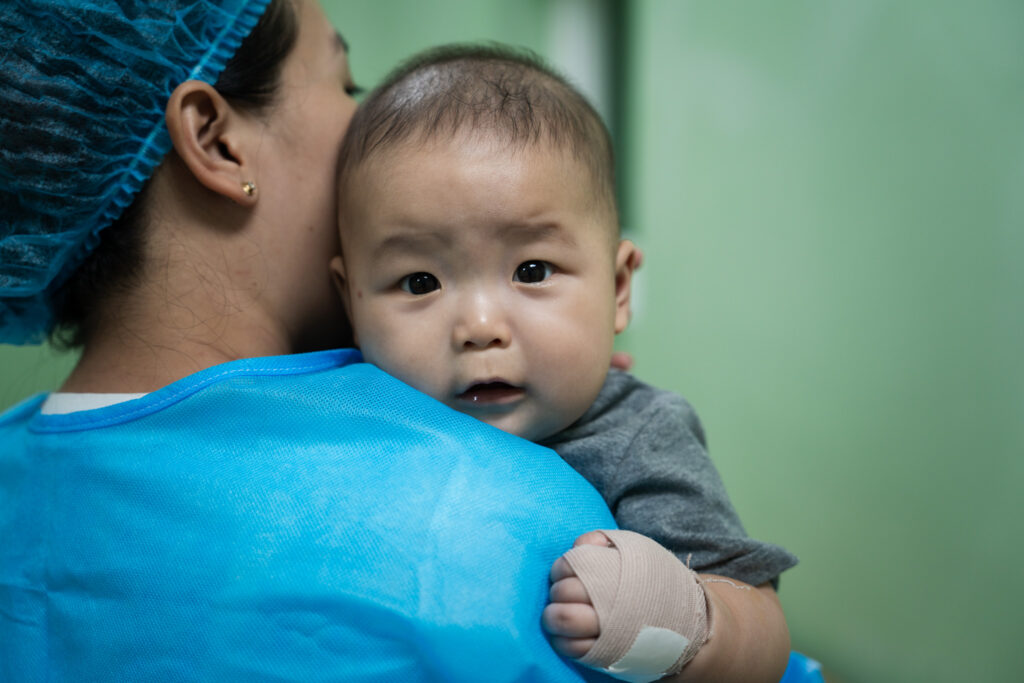
At ReSurge, we believe that training and supporting the entire surgical team is essential to patient safety. We could all learn more from Susan Smith, on empowering nurses to advocate for themselves and their patients, balancing agility with sensitivity when providing care in varying cultural, economic, and local contexts, the need to address staffing disparities, and the importance of supporting surgical teams, emotionally, mentally, and physically.
An inspiration to us all, Susan Smith reinforces the fundamental idea that we’re more alike than we are different. Happy Nurses Week!

